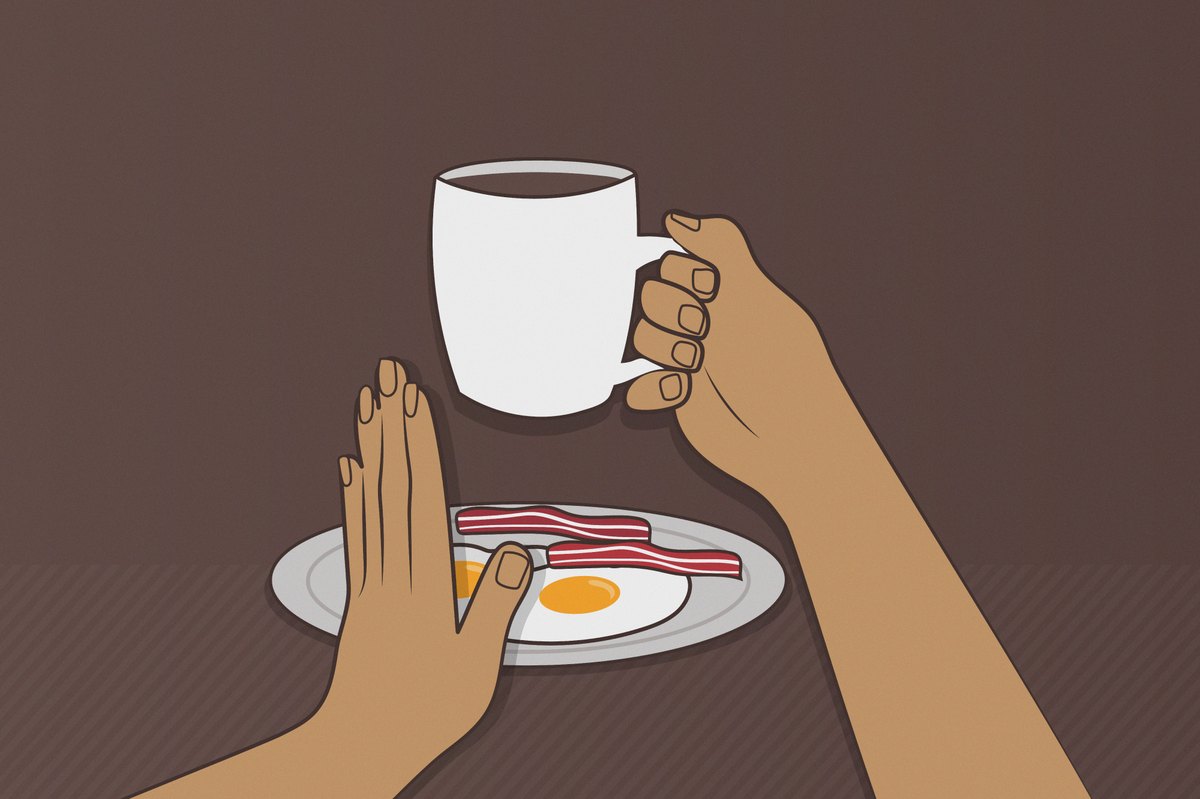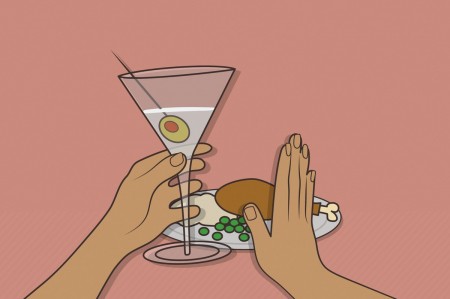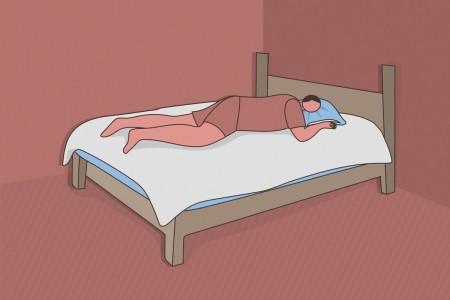
Advertisements

How Bad Is It Really? sets the record straight on all the habits and behaviors you’ve heard might be unhealthy.
For so many of us, coffee is an integral part of our daily ritual and often the first thing we put to our lips in the morning. But some research suggests that drinking a cup of java on an empty stomach (defined as two hours before or after you eat, per the National Institutes of Health) isn't the best idea.
Video of the Day
If you brew a pot the moment your eyes open in the a.m., reach for a pour-over when the late afternoon slump hits or power through intermittent fasting on nothing but rocket fuel — we're talking to you.
Here's the latest on how it can affect your health, plus clever tips to mitigate side effects.
Your Blood Sugar Could Spike
A small June 2020 study in the British Journal of Nutrition found that drinking black coffee on an empty stomach first thing in the morning significantly impaired people's blood sugar control.
The ability to regulate blood sugar levels reduces your risk of metabolic conditions like diabetes and heart disease. People who ate breakfast beforehand did not experience a surge in blood glucose.
It Might Trigger Acid Reflux
First, a little digestion 101: When you take a bite of bagel or gulp of water, a valve called the lower esophageal sphincter opens to allow the food or drink to flow from your esophagus into your stomach. Once it enters your belly, the valve closes again.
Advertisements
But according to the American Society for Gastrointestinal Endoscopy, coffee relaxes the lower esophageal sphincter. The valve may not shut completely, allowing stomach acid to seep into your esophagus, a condition called acid reflux. The most common symptom of acid reflux is heartburn, which can feel like a sharp pain in your chest.
And that's not all: "Coffee also increases the risk of heartburn because it can stimulate acidity in the stomach," says Marvin Singh, MD, director of integrative gastroenterology at the Susan Samueli Integrative Health Institute at UC Irvine, assistant clinical professor of family medicine and public health at UC San Diego and founder of Precisione Clinic.
Case in point: In a September 2020 study in Clinical Gastroenterology and Hepatology, participants who replaced two servings of coffee a day with two servings of water had a reduced risk of acid reflux.
"Although digestive enzymes and gastric juices are released no matter what you consume, food or drink that is acidic in nature — like coffee — can be a gastric irritant, leading to increased acidity in the stomach," Dr. Singh says. An October 2018 study in Nature found that the average pH of coffee is between 4.85 and 5.13 (anything under 7 is considered acidic).
As a result, drinking coffee without food gives you a super strong hit of acidity, turning your stomach into what Dr. Singh calls a "bowl of gastric acids."
The good news: "Eating alkaline foods along with your coffee helps reduce the total acidity level," Dr. Singh says. So make yourself a plate of eggs, avocado toast or oatmeal.
Or switch to green tea, which has a pH of 7 to 10. "It may be less irritating to your stomach," Dr. Singh says.
In addition, he points out that acid reflux can be a reaction to toxins or mold in your coffee — an effect that might be magnified if your stomach is empty when you drink up. "Try an organic, clean coffee, such as Purity Coffee, and see if your heartburn improves," Dr. Singh says.
If coffee does give you acid reflux, don't ignore it. "Long-term, chronic acid reflux could lead to esophagitis, inflammation of the esophagus," Dr. Singh says. Untreated esophagitis could potentially damage the lining of your esophagus, upping your risk of esophageal cancer.






